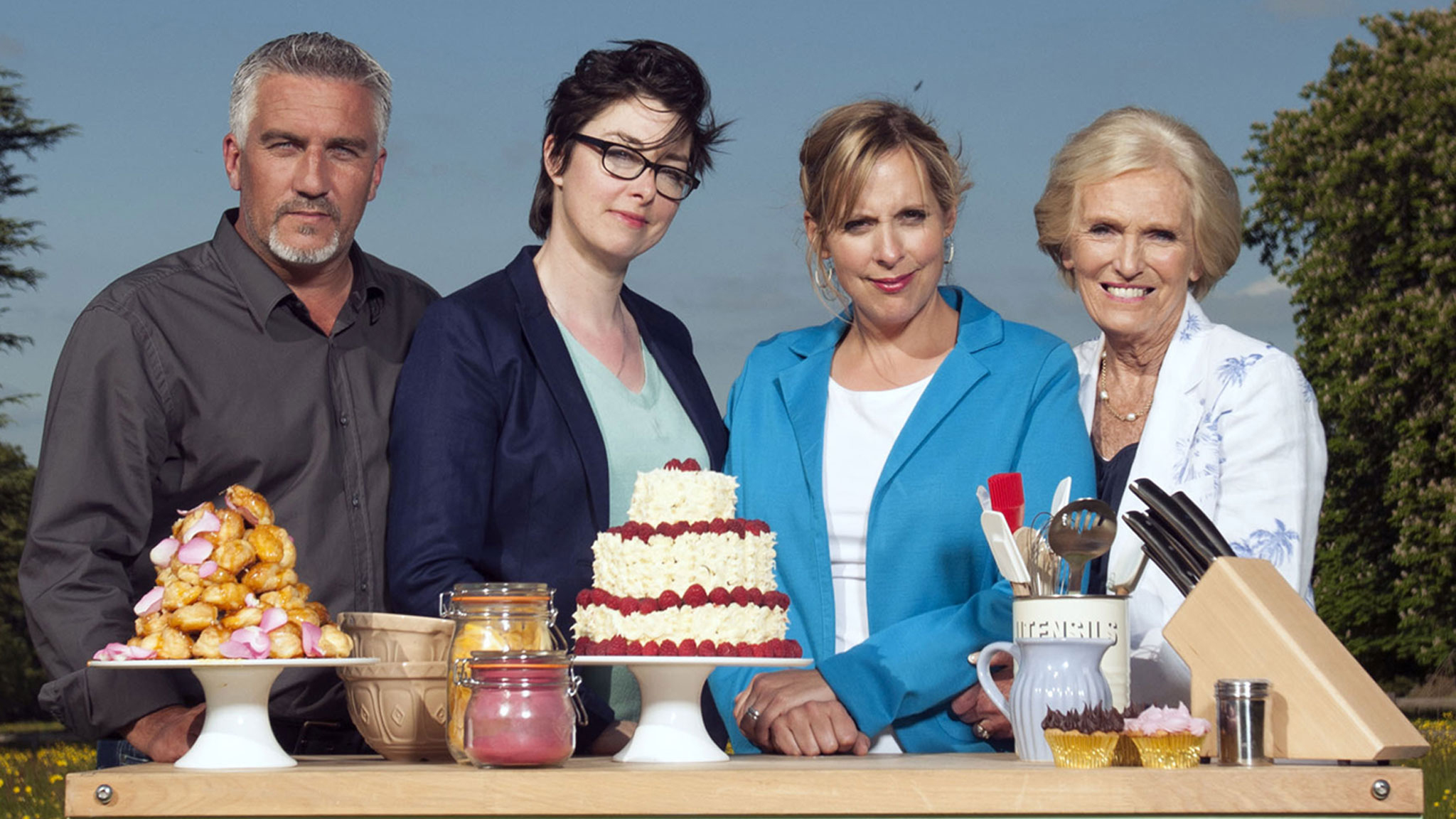What the BBC's big shake-up means for you
The Great British Bake Off may have a future after all

Ministers have finally revealed the white paper which will define the role of the BBC for the next 11 years. Major changes include a closing of the iPlayer loophole which allowed people to view its on-demand content without paying for a licence fee, as well as requirements to be more "distinctive" and to address issues of diversity.
Since the BBC relies upon public money for its funding, periodic reviews are undertaken by government ministers to define what the BBC's role should be.
Previously these reviews were undertaken every ten years, but with the recent switch to holding elections every five years, this has been extended to 11 years to prevent the charter renewal from syncing up with the election cycle.
Funding
First, the licence fee will rise in line with inflation until at least 2021/2022 after having been frozen for the last six years. The BBC will still have to shoulder the £700m-plus cost of making the licence fee free for the over 75s though, a policy introduced by the Conservatives in their 2015 election manifesto.
The organisation will also be able to investigate offering subscription content, although historically it has opposed this idea as it may eventually put the entire existence of the licence fee under threat.
The BBC will also be allowed to require viewers to have a licence fee to view on-demand content. Previously a licence fee was only required in order to view live broadcasts either on TV or through iPlayer. You can read more about that change here.
Regulation
There has been a restructuring of the organisations in charge of regulating the BBC. Ofcom will now be the official regulator of the BBC, providing impartial regulation of the broadcaster, while the National Audit Office's role has been expanded to be the official auditor of the BBC.
Get daily insight, inspiration and deals in your inbox
Sign up for breaking news, reviews, opinion, top tech deals, and more.
The BBC Trust will be abolished, and a new board will be created with 50% of its members appointed by the BBC itself. Previously there had been fears of a majority of the board being elected by the government, but these have not come to pass.
Content
What this means for the content of the BBC is much harder to gauge from the white paper. The BBC will need to make more of an effort to appeal to black, Asian and minority ethnic viewers, and its content will need to be "distinctive".
This distinctiveness requirement is hard to define, but John Wittingdale (the report's primary author) has claimed that it does not mean that the BBC should focus on producing unpopular content. Critics of the BBC have warned that the BBC reduces competition within the market by having an unfair advantage.
Instead the BBC should create content that the market would otherwise not produce. Hopefully this means more Great British Bake Off style shows.
Another measure aimed at increasing competition is to make the BBC's content open to external production companies. Currently only 50% of the BBC's programming is allowed to be produced externally. The BBC's in-house production teams will be moved into a separate studio called BBC Studios.
In theory this means that standards will go up since there is more competition between studios, but it's unclear whether intense competition leads to good TV, or merely popular TV.
Ultimately it's hard to predict the impact of many of these changes on the output of the Beeb. It might be the case that the shake-up reinvigorates an organisation that has traditionally relied heavily on existing shows and formats.
Then again this shake up may introduce competition that suppresses rather than increases the quality of programming, leading to shows that have to try too hard to tick various boxes rather than being able to concentrate on simply being entertaining.
The BBC's new charter is due to come into effect on January 1 2017.
Jon Porter is the ex-Home Technology Writer for TechRadar. He has also previously written for Practical Photoshop, Trusted Reviews, Inside Higher Ed, Al Bawaba, Gizmodo UK, Genetic Literacy Project, Via Satellite, Real Homes and Plant Services Magazine, and you can now find him writing for The Verge.
